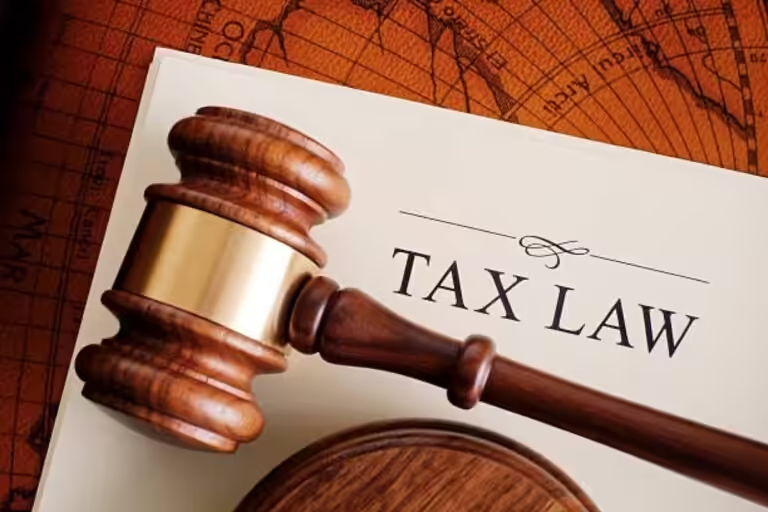The United Kingdom’s Prime Minister Keir Starmer has announced plans to roll out a mandatory digital ID system for anyone seeking work, marking one of the country’s biggest shifts in identity verification since World War II.
Digital ID System
The digital ID is an official, government-issued electronic identity record that confirms a person’s legal right to live and work in the UK. Unlike traditional ID cards, the digital ID will not require physical documents to be carried everywhere. Instead, it functions as a secure, centralised identity check, accessible by employers and public service providers.
According to the government, the system will be designed to work even without smartphones and will be free of charge. The system is expected to be in place before the next election, scheduled no later than 2029 and it will be required by:
Also Read:
- New Minimum UK Visa Requirements for 2025 Visa Applications
- UK Immigration: Four Nigerians Jailed for 2,000 Marriage Certificates Forgeries
- UK Immigration Changes: 111 Occupations Slashed from Skilled Worker Visa Route
- UK Work Visa, Study, Family Visa Application Decline in June Following Immigration Rule Changes
- British Citizens: Required for anyone applying for a job in the UK.
- Permanent Residents: Must show proof of their digital ID before taking employment.
- Foreign Workers: Already subject to visa and immigration checks, they will also need a digital ID linked to their work permits.
The government argues that the digital ID will:
- Prevent people without legal status from entering the underground job market.
- Reduce illegal migration by removing the lure of easy, undocumented work.
- Streamline access to services such as healthcare, childcare, and welfare for those who qualify.
PM Starmer described the move as a long-overdue step: “For too many years it’s been too easy for people to come here, slip into the shadow economy, and remain here illegally.”
Impact on Foreign Workers
For foreign nationals, especially those on work permits, the introduction of digital ID adds another layer to the employment process. While the government insists it will simplify checks by consolidating records into one system, migrant rights groups warn it could create delays or technical hurdles.
- Positive side: Faster verification, less paperwork, fewer duplicate checks.
- Concerns: Potential exclusion if the system glitches, risk of profiling, and added pressure for undocumented workers already vulnerable to exploitation.
Employers, particularly in industries that rely heavily on foreign workers, such as hospitality, agriculture, and healthcare, are waiting for clarity on how the rollout will affect hiring timelines.
The government will hold a public consultation before finalising the details. For now, the timeline points to a national rollout before the 2029 election, giving Britain its first compulsory identity system in nearly 80 years.


























